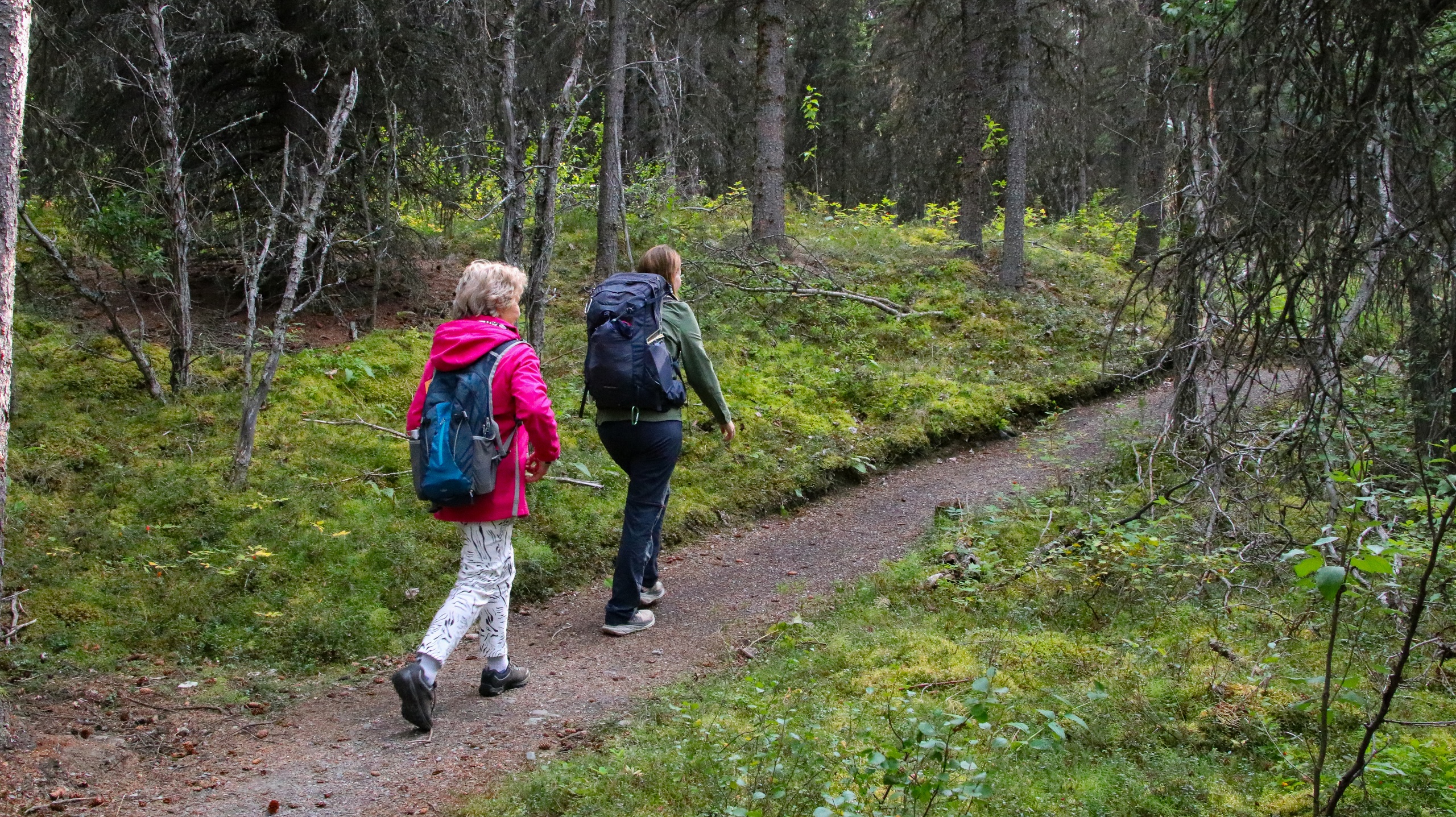Where the Table Meets the Sea: Hiking Table Mountain Above Cape Town
A steep, stone staircase into South Africa’s fynbos kingdom—with cable-car shortcuts and views for days.
Cape Town wakes early, and the mountain wakes with it. Before the first cable car hums to life, the stone spine of Table Mountain draws a ribbon of headlamps up Platteklip Gorge. The trail rises in blocky steps, a hand-hewn staircase that wastes no time on switchbacks or small talk. Proteas shake off dew in the wind. Dassies—rock hyraxes with the confidence of landlords—watch you pass as the city exhales behind you. The Atlantic spreads out like hammered steel, and the mountain—ever patient—keeps nudging: up, up, up.
Trail Wisdom
Beat the Heat and Crowds
Start at first light, especially in summer. The mountain bakes by mid-morning and cableway queues build fast.
Know Your Route
Platteklip is steep but nontechnical; India Venster involves exposed scrambling best avoided in wet or windy conditions.
Water, Always
Carry at least 2 liters per person (3 liters in summer). There’s no reliable water on most routes.
Plan Your Descent
Cableway can close due to wind with little notice. Be prepared to hike down even if you plan to ride.
Local Knowledge
Hidden Gems
- •Tranquility Cracks along the Twelve Apostles—narrow sandstone corridors hidden in the summit plateau
- •Woodstock Cave on Devil’s Peak—a broad, shady overhang with city views
Wildlife
Rock hyrax (dassie), Orange-breasted sunbird
Conservation Note
This park protects fragile fynbos adapted to fire and nutrient-poor soils. Stay on trails, never pick plants, and pack out all trash; water is scarce, so use it wisely.
The Khoi called the massif Hoerikwaggo—‘mountain in the sea’—long before the cableway opened in 1929, reshaping access for residents and travelers alike.
Seasonal Guide
spring
Best for: Wildflowers in fynbos, Mild hiking temperatures
Challenges: Changeable weather, Gusty winds
September–November brings blooming proteas and cooler days. Expect quick shifts between sun and cloud.
summer
Best for: Long daylight windows, Dry, fast trails
Challenges: High UV and heat, Strong southeasterly winds, Crowds
December–February is hot and windy. Start early, carry extra water, and watch for the mountain’s ‘tablecloth’ cloud.
fall
Best for: Calmer winds, Clear, stable weather
Challenges: Early evening shadows, Occasional showers
March–May offers steady conditions and thinner crowds—arguably the best balance for hikers.
winter
Best for: Waterfalls and crisp visibility, Cool hiking temps
Challenges: Rain and slippery rock, Shorter days, Cableway closures
June–August features storm cycles. Time climbs between fronts and pack warm layers.
Photographer's Notes
What to Bring
Grippy Hiking Shoes or Trail RunnersEssential
Sticky rubber and solid tread make the mountain’s sandstone steps safer and more efficient.
2–3L Hydration System + ElectrolytesEssential
Summer heat and wind dehydrate fast; electrolytes help prevent cramps on the relentless ascent.
Lightweight Windproof ShellEssential
Summit winds and sudden cloud can drop temperatures quickly even on hot days.
Offline Map/GPS or Printed SANParks Map
Cloud can erase landmarks; navigation keeps you on marked trails and aware of exit points.
Common Questions
Do I need a guide to hike Table Mountain?
No, but a guide is recommended if you’re unfamiliar with routes or weather patterns. Guided hikes also help you choose the best line for your fitness and comfort with exposure.
Is the cableway open year-round?
Yes, but it is weather-dependent and closes during high winds or low visibility. There’s also annual maintenance (typically in winter). Always be ready to hike down.
Which route is best for first-time hikers?
Platteklip Gorge is the most direct and nontechnical. It’s steep with around 700 m of gain but avoids scrambling and exposure.
Are there bathrooms or water on the trail?
Facilities are available at the lower and upper cable stations. Do not rely on natural water sources—carry all you need.
Is it safe to hike solo?
Many do, but it’s smarter to hike with a partner or group, stick to popular routes in daylight, and avoid quiet areas in poor weather.
Are drones allowed in Table Mountain National Park?
No, recreational drones are not permitted without a SANParks permit due to wildlife, safety, and privacy concerns.
What to Pack
Sun protection (hat, SPF 50, sunglasses) for intense UV; 2–3 liters of water with electrolytes for the sustained climb; windproof shell for summit gusts and fast-changing weather; grippy hiking shoes for steep sandstone steps and traction on descent.
Did You Know
Table Mountain is part of the Cape Floristic Region UNESCO World Heritage Site and hosts over 2,000 plant species—more than many entire countries—with high endemism, including numerous proteas and ericas.
Quick Travel Tips
Buy cableway tickets online in advance but confirm operations on the day; use e-hailing or the MyCiTi bus to Tafelberg Road to avoid parking crunches; start hikes at dawn to beat heat and queues; download offline maps—cell signal can be patchy on certain aspects.
Local Flavor
Celebrate your summit with a flat white at Truth Coffee in the CBD, then wander Bree and Kloof streets for bistros and Cape flavors. On weekends, the Oranjezicht City Farm Market at Granger Bay packs local produce and ready-to-eat plates with ocean views. For a post-hike pint, Devil’s Peak Brewing pours excellent ales with a mountain backdrop.
Logistics Snapshot
Closest airport: Cape Town International (CPT). Main trailheads: Platteklip Gorge (Tafelberg Road), Kasteelspoort (Camps Bay), Skeleton Gorge (Kirstenbosch). Drive time from the City Bowl to Platteklip: ~10–15 minutes. Cell service: decent near the city-facing slopes; spotty on the plateau and Apostles. Permits: No permit for main summit trails; cableway tickets required if riding; Kirstenbosch gate fee applies for Skeleton Gorge access. Drones prohibited.
Sustainability Note
You’re walking through one of Earth’s smallest yet richest floral kingdoms. Stay on marked paths to protect fragile fynbos, carry all waste out, never feed wildlife, and practice Cape Town’s water-wise ethos—every liter matters.
Continue Reading

Canyon Wave: Rafting Denali’s Glacial Heart on the Nenana River
The Nenana River doesn’t whisper—it urges you forward. On the Canyon Wave run, you’ll punch through crisp, glacial rapids beneath Denali’s ramparts, trading roadside views for a front-row seat to Alaska’s wild hydraulics. Cold water, big smiles, and a canyon that knows how to keep pace.
Healy, Alaska

Chasing Light in Denali: An Afternoon Hike Across Taiga and Tundra
Trade the tour bus for tundra. This guided afternoon hike threads from shadowed spruce to open ridgeline, where Denali’s valleys breathe wide and the wind calls the cadence. Come for the views, stay for the stories beneath your boots.
Denali Park, Alaska

